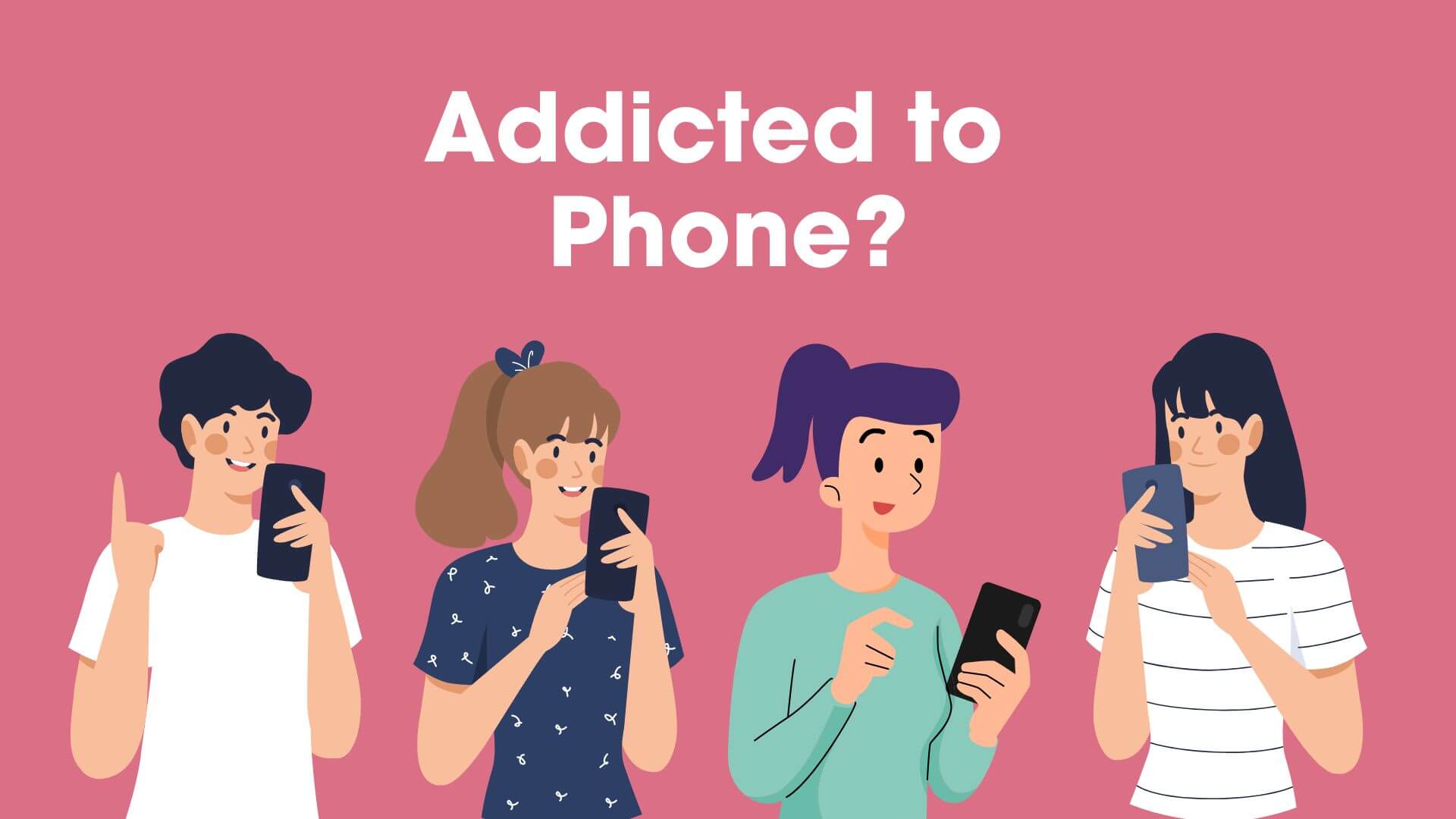Technology can be our best friend, and technology can also be the biggest party pooper of our lives. It interrupts our own story, interrupts our ability to have a thought or a daydream, to imagine something wonderful, because we’re too busy bridging the walk from the cafeteria back to the office on the cell phone. – Steven Spielberg
You have a smartphone. For most people, that’s true, and it’s strange and rare to encounter those who do not have one, because phones have become an incredibly useful tool.
For entertainment, work, communication, and many other goals, smartphones have cemented themselves as uniquely useful and important. But for all the ways in which they help, they also can absorb tremendous amounts of time. Let’s consider how you might be able to handle excessive smartphone use.
Have phone-free spaces
The first good rule to implement is to have spaces and periods of time when you are not on your phone and, more to the point, your phone is not easily available. You can make your bed or your dinner table a phone-free zone. You can also decide to put away the phone for specific times, like your lunch hour or family time.
Enforcing these boundaries is important, even if it gets hard. When you separate yourself from the phone physically, leaving it in another room or far away from where you’re sitting, can help you focus fully on what you’re doing and relax. You might also invite your friends and family members to do the same thing so that you’re all on the same wavelength.
Turn off your notifications
The next step to gaining control over your phone usage is to turn off notifications. Notifications are used by different apps to claim your attention and make you check them. Notifications are intentionally designed to be distracting and tantalizing: could it be something interesting’s going on, and you’re missing it?
You can leave notifications on only for the most important channels and regain control of when you check what. Don’t check your email when you don’t want to, instead, set specific times during the day. Decide when to reply instead of feeling pressured to do so immediately. Take control back.
Do things with your hands
A useful way of reducing your phone usage is to have activities in the physical world. Do things with your hands: crafts, arts, gardening, home improvement, cooking, or whatever strikes your fancy. The goal is to also have some activities that take you away not just from your phone but also from screens in general.
This can help you feel more grounded and step away from the most harmful elements of social media, like pointless discussions, fake stories, or toxic people. Instead, you can reconnect with yourself.
Keep only the things that add to your life
Sometimes, we all need to play a mindless game for a while. But if that mindless game is taking over your leisure time, it might be good to delete it and find something else to do instead. Don’t keep things that feel harmful or leave you reeling. If the news make you feel upset and anxious, cut down on the news or look for less impactful sources. If social media makes you doubt yourself, unfollow all the accounts that inspire this feeling.
Media and social media as well can be sources of positivity, inspiration, and fun. It’s not that you should completely cut these kinds of things out of your life. However, don’t let the algorithm decide for you. Curate your experience to make it enjoyable. Ban, block, and unfollow at will.
Reclaim other hobbies
If social media and your phone are your main sources of entertainment, then it will be very hard to give up. So you can try to look for other hobbies instead. Look for things you used to enjoy or that you have been meaning to try.
You can repurpose your phone for these activities. You might read on it or watch the films you’ve always meant to see. Or you might leave the phone behind in favor of more satisfying activities. When social media is the least interesting thing you have going on, it will be easy to give up on using your phone so much.


